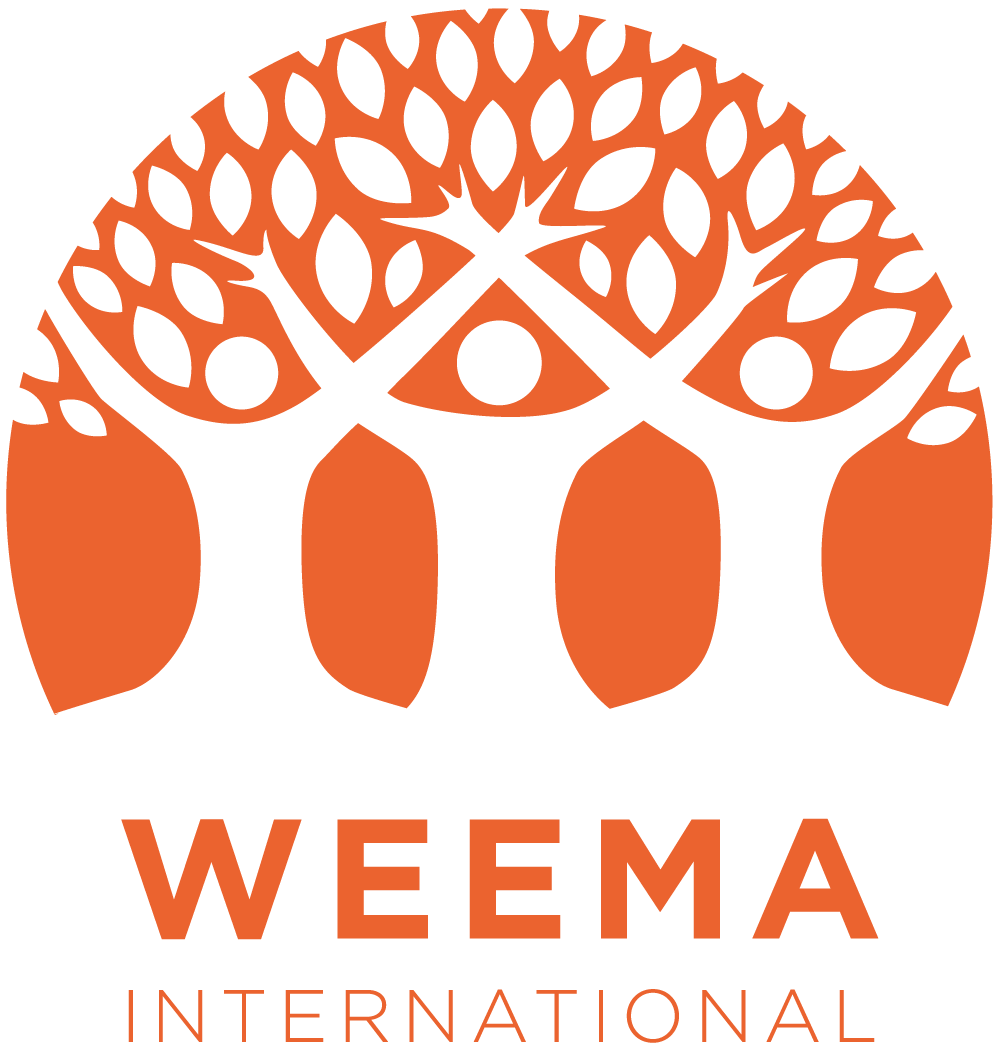Community Maternal and Newborn Health
THE ISSUE
There are several challenges to providing high-quality maternal and newborn health care in rural Ethiopia. While there have been significant improvements in maternal and neonatal health in recent years, the country still faces the following obstacles:
Shortage of Skilled Health Personnel: There is a shortage of trained health care providers, particularly midwives and doctors, who are skilled in managing childbirth and emergency obstetric and newborn complications.
Poor Quality of Care: Even when health facilities are available, the quality of care can be limited due to a lack of essential supplies and medicines, poor infection prevention and control, inadequate skills of health workers, and poor adherence to protocols and guidelines.
Cultural Beliefs and Practices: Certain cultural beliefs and practices can deter women from seeking care from health facilities. Home births without skilled attendants, for example, may be preferred due to cultural reasons.
Lack of Awareness: Some women may lack knowledge about the importance of antenatal care, safe childbirth, and postnatal care. Low levels of education and literacy can compound this issue.
Poverty and Financial Constraints: Even if services are available, direct and indirect costs can be prohibitive. This includes not only the cost of the services but also transportation, loss of wages, and other associated costs.
Gender Inequality: Gender-based barriers, such as decision-making power within households, can prevent women from seeking care.
Inadequate Health Infrastructure: Weak health systems can undermine the delivery of maternal and newborn services including ineffective referral systems, lack of data for decision making, and poor coordination among different parts of the health system.
WEEMA’S COMMUNITY-LED INTERVENTION
WEEMA has been implementing maternal and newborn health initiatives since 2014. Our long-standing collaboration with local government and practitioners in the Kembata-Tembaro Zone health system has been a primary focus. Among our accomplishments are supporting midwife scholarships, installing solar lights in delivery rooms, donating medical supplies and equipment, and providing medical training.
WEEMA is proud to be an implementing partner of GreenLamp’s 5-year “Ferring Holistic Community Maternal and Newborn Health Program.” GreenLamp, a Swiss-based NGO, provides midwifery scholarships to young Ethiopian women, sustainable solar systems to rural health centers, and senior midwife leadership training through its three program pillars: Learn, Light and Lead. The GreenLamp program is generously supported by Ferring Pharmaceuticals.
The 2023-2027 “Ferring Holistic Community Maternal and Newborn Health Program” consists of three major interventions:
Community Based Midwife Mentor Program (GreenLamp Partner- WEEMA International)
Enhanced Solar Systems at Rural Health Centers (GreenLamp Partner- Solar Energy Foundation)
Midwifery Scholarships (GreenLamp Partners- Hamlin College of Midwives and LeDeG Midwifery College)
As outlined above, WEEMA is implementing the “Community Based Midwife Mentor Program”- a multi-faceted intervention that includes direct midwife mentorship within the clinical setting, provision of free prenatal ultrasound services, critical medical training such as Basic Emergency Obstetrical and Newborn Care (BEmONC) and Helping Babies Breathe, delivery of equipment, drugs and supplies, distribution of baby blankets for newborns, strengthening of maternity waiting centers with renovations and food, family planning services, and community outreach campaigns.
It is an honor to join with GreenLamp to advance maternal and newborn health in communities.
You can learn more about the “Ferring Holistic Community Maternal and Newborn Health Program” in the short documentary below. The film was shot in the Tembaro district of the Kembata-Tembaro Zone. Selam, the midwife featured in the second half of the film, is the midwife mentor specifically hired by WEEMA for this program. (Of note, Selam was one of the original WEEMA-sponsored Hamlin College of Midwives scholarship students from over 10 years ago. We are so proud of you, Selam!)
FUNDING AND IMPLEMENTATION PARTNERS
GreenLamp
COMMUNITY MATERNAL AND NEWBORN HEALTH LOG FRAME
(What is a log frame? A logical framework, often referred to as a log frame, is a planning tool used in international development to design, implement, monitor, and evaluate projects. It establishes a coherent structure to identify and express the project's goals, objectives, activities, inputs, outputs, outcomes, and impacts, while also defining the indicators for measuring success and identifying potential risks and assumptions. This framework fosters accountability and ensures that projects are effectively addressing identified needs and expected results.)
CMNH HEALTH FACILITY SUPPORT
PHOTO AND VIDEO GALLERY
Prenatal Ultrasounds Have Started at Tembaro Health Centers!
70 Pregnant Women Came to the Health Center on the First Day of Prenatal Ultrasounds


